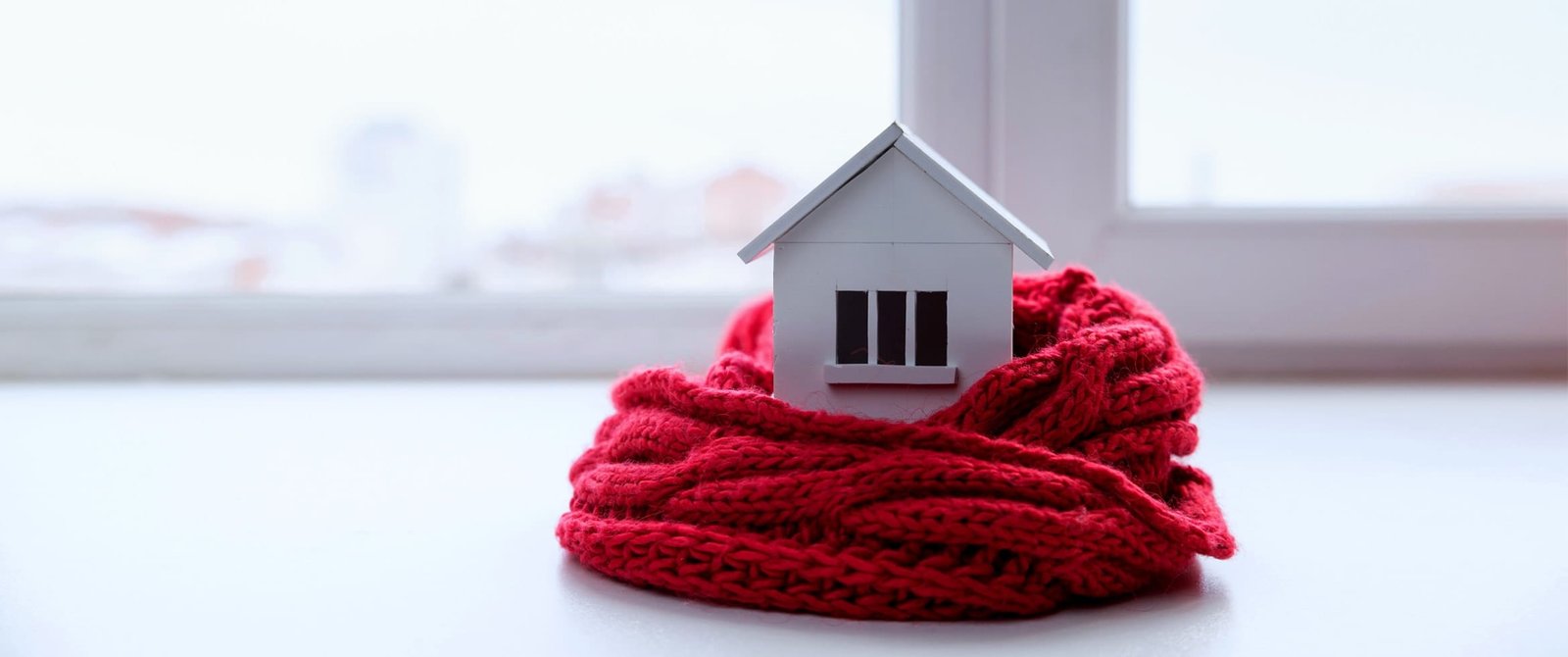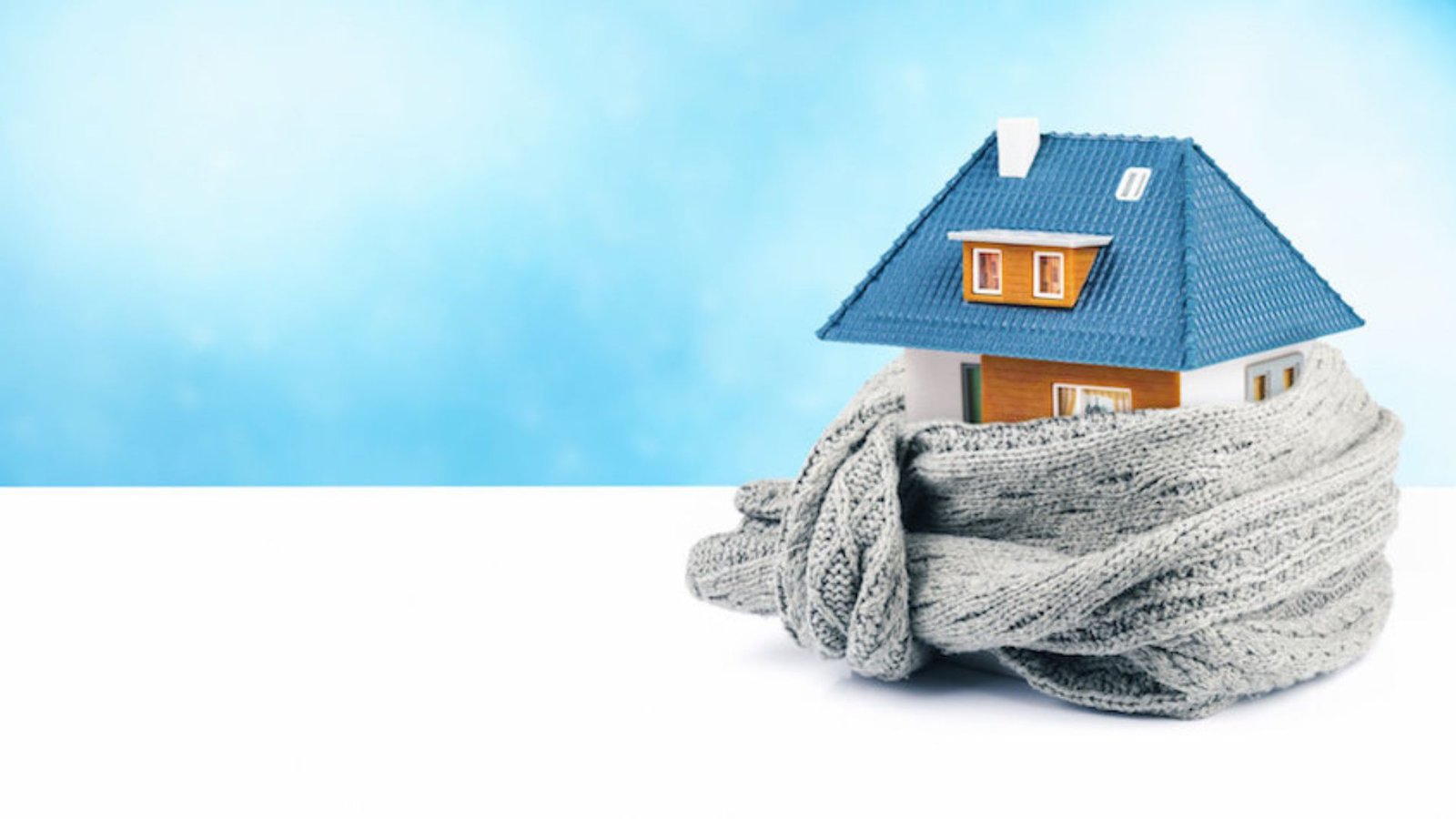In this article, we’ll discuss some essential tips for preparing your home for winter. As the cold months approach, it’s important to ensure that your home is ready to handle the dropping temperatures and harsh weather conditions. Proper preparation not only keeps you comfortable but also protects your property and can save you money on energy bills. Here are important tips to help you prepare your home for the winter season.
1. Insulate Your Home
One of the first steps in preparing your home for winter is ensuring that it is properly insulated. Check your attic, walls, and floors for adequate insulation. Adding insulation can prevent heat loss and keep your home warm. You can also insulate pipes in unheated areas to prevent freezing. This step will save energy and make your home cozier during the cold months.

2. Check Your Heating System
Before winter arrives, have your heating system inspected by a professional. A well-functioning heating system is crucial for comfort during winter. Change the air filters regularly to ensure efficient airflow. Additionally, consider getting your ducts cleaned to remove dust and debris. By preparing your heating system now, you’ll avoid unexpected breakdowns when you need it most.
3. Seal Windows and Doors
Another important tip for preparing your home for winter is sealing windows and doors. Check for drafts and gaps that may let cold air in. Use weather stripping or caulk to seal any openings. This will help maintain your home’s temperature and reduce heating costs. Don’t forget to cover windows with thermal curtains or insulate them with window film for extra protection against the cold.
4. Clean the Gutters
Cleaning your gutters is a crucial step in preparing your home for winter. Remove leaves, twigs, and other debris that can block drainage. Clogged gutters can lead to ice dams, which can damage your roof and walls. Once cleaned, ensure your downspouts direct water away from the foundation to prevent flooding during winter rains or thawing.
5. Winterize Outdoor Faucets
To prevent frozen pipes, it’s essential to winterize outdoor faucets. Disconnect hoses and drain them to avoid water freezing inside the pipes. If you have irrigation systems, make sure to blow out the lines to prevent damage from freezing. These simple steps will save you from costly repairs come spring.
Enhancing Financial Awareness Through Digital Platforms
At BFRICH, empowering individuals to make informed financial decisions is a core mission. Exploring resources like online casino real money can offer valuable insights into risk management, probability, and financial responsibility in a digital environment. These platforms illustrate real-world applications of financial strategies in a controlled setting. Incorporating such examples helps broaden financial literacy in a practical and engaging way.
6. Prepare Your Fireplace
If you have a fireplace, now is the time to prepare it for winter. Make sure the chimney is clean and free of blockages. A professional inspection is a good idea to ensure safety. Stock up on firewood and keep it in a dry place. If you use your fireplace regularly, consider using a fireplace screen to keep sparks contained and enhance safety.
7. Check Smoke and Carbon Monoxide Detectors
Safety should always be a priority when preparing your home for winter. Check smoke and carbon monoxide detectors to ensure they are functioning properly. Replace batteries if necessary and test the alarms to confirm they work. This simple step can save lives and provide peace of mind during the colder months.
8. Stock Up on Winter Supplies
Being prepared means having the right supplies on hand. Stock up on items like salt, sand, and ice melt for sidewalks and driveways. Also, ensure you have shovels ready for snow removal. Keeping these items accessible will help you handle winter weather more effectively and safely.
9. Review Your Home Insurance
Winter can bring unexpected weather-related incidents, so it’s wise to review your home insurance policy. Ensure you have adequate coverage for winter-related damage, such as frozen pipes or roof damage from snow. Contact your insurance agent to clarify any questions and make necessary adjustments to your policy.
10. Plan for Holiday Decorations
As winter approaches, many homeowners look forward to decorating for the holidays. Before you start hanging lights, check outdoor electrical outlets and extension cords. Make sure they are in good condition and safe to use. When decorating, use LED lights to save on energy costs and choose weather-resistant materials for outdoor displays.
Conclusion
In this post, we’ve discussed essential tips for preparing your home for winter. From insulating your home to checking your heating system, these steps can help ensure you stay warm and safe during the colder months. By taking the time to prepare, you not only protect your home but also create a more comfortable living environment for you and your family.











